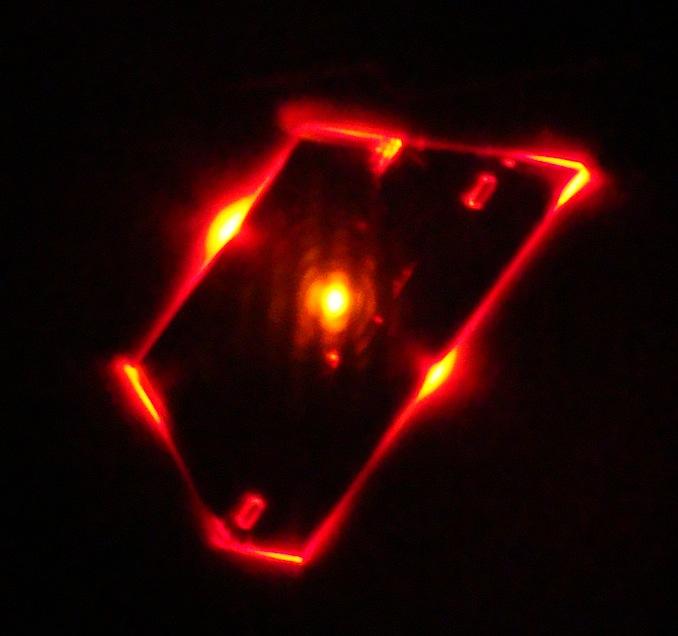Photon absorption in some organic molecular semiconductor crystals can create a photoexcited state that spontaneously splits into a pair of mobile, spin-entangled triplet excitons, where each quasiparticle has an electronic spin of 1 but the pair has a total spin of zero. The triplet excitons (spin-1 excitons) in this system are a condensed matter equivalent of the entangled photons created by parametric down conversion in nonlinear optical crystals.
New work by Biaggio's group has introduced transport induced dephasing as a key process that can suppress the quantum beats normally associated to entanglement when triplet excitons can localize on inequivalent sites in the crystal lattice, leading to global decoherence in a population of entangled triplet pairs..

